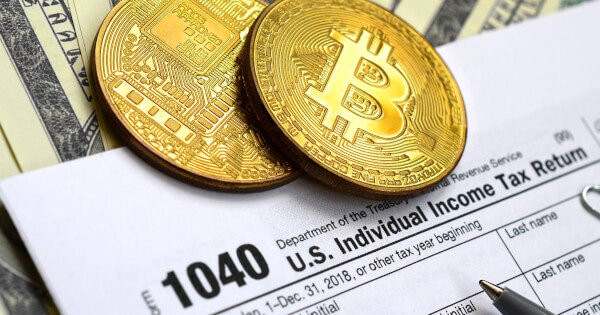A preview of the new Form 1099-DA, a tax form designed for cryptocurrency brokers to document transactions involving digital assets, has been released by the Internal Revenue Service (IRS) of the United States. This initiative by the IRS aims to improve compliance and ensure accurate income reporting from digital assets.
Anticipated for implementation by the beginning of 2025, Form 1099-DA will require brokers to furnish specific details for each client involved in digital asset sales or trades. These details may encompass token codes, wallet addresses, and transaction locations on the blockchain. The enhanced reporting expected from this form will enable the IRS to identify taxpayers engaged in transactions that might otherwise go undetected through conventional means of information disclosure.
The commitment of the Internal Revenue Service to address tax implications related to digital asset transactions is evident through the introduction of Form 1099-DA. By mandating brokers to document these transactions, the IRS aims to ensure accurate income reporting and tax compliance concerning digital asset activities.
The decision to categorize cryptocurrencies, non-fungible tokens (NFTs), and stablecoins as reportable assets on Form 1099-DA underscores the growing importance of these digital assets in the financial realm. Given the increasing popularity and use of cryptocurrencies, having a comprehensive understanding of taxpayers’ digital asset transactions is crucial for tax authorities.
Key data elements captured in the draft form include acquisition dates, sale dates, proceeds, and cost basis of the crypto assets sold. Access to this information is vital for taxpayers to fulfill their cryptocurrency tax obligations accurately. Additionally, the form features a checkbox for “unhosted wallet provider,” indicating the IRS’s intention to include unhosted wallets in the broker definition. This shift may necessitate users to provide know-your-customer (KYC) information when interacting with platforms involving unhosted wallets.
While the draft form outlines important reporting requirements, it is subject to potential revisions based on feedback received during the comment period. The IRS encourages public feedback on draft or final versions of forms, instructions, or publications through its website.
In summary, the issuance of Form 1099-DA by the IRS signifies a significant step in regulating and reporting revenue from digital asset transactions. By enforcing transaction recording by brokers, the IRS aims to foster compliance and ensure accurate income reporting from digital assets. Taxpayers must stay informed about their reporting obligations regarding digital assets to avoid penalties or audits, considering the evolving landscape of digital assets.
Image source: Shutterstock
…

